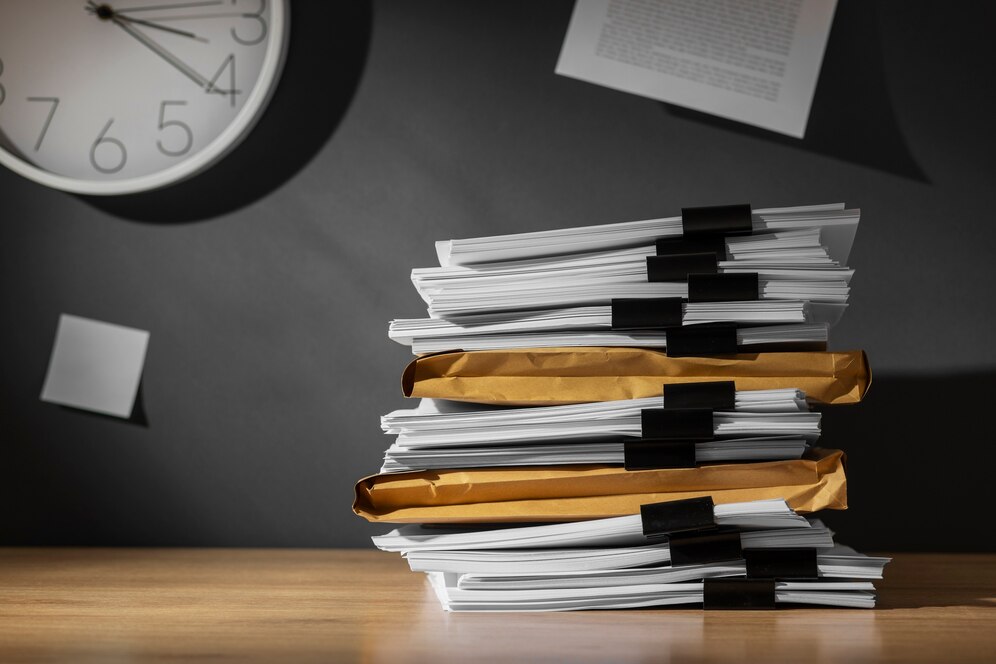The regulatory landscape for sustainable sugar production is evolving rapidly as governments, industry bodies, and consumers increasingly prioritize environmental sustainability and social responsibility. Regulations play a crucial role in shaping the practices of sugar producers and suppliers, ensuring compliance with ethical and environmental standards. In this blog post, we will explore the regulatory landscape for sustainable sugar production, including an overview of regulations, compliance requirements, international standards, government support, and legal challenges.
Overview of Regulations
Regulations governing sustainable sugar production vary by country and region but generally focus on key areas such as environmental protection, labor rights, and fair-trade practices. These regulations aim to promote responsible farming practices, reduce environmental impact, and ensure fair treatment of workers throughout the supply chain. In recent years, there has been a growing emphasis on sustainability certifications and standards, such as Fairtrade, Rainforest Alliance, and USDA Organic, which provide guidelines for ethical sourcing and production.
Compliance Requirements
Compliance with sustainable sugar production regulations involves meeting a range of requirements, from implementing environmentally friendly farming practices to ensuring fair wages and working conditions for laborers. Sugar producers and suppliers must undergo rigorous audits and assessments to verify compliance with sustainability standards and certifications. Moreover, maintaining compliance requires ongoing monitoring, reporting, and documentation of sustainability initiatives and performance metrics. Companies that fail to meet regulatory requirements may face fines, penalties, or reputational damage, jeopardizing their market access and competitiveness.
International Standards
In addition to national regulations, there are also international standards and certifications for sustainable sugar production that apply across borders. Organizations such as the Fairtrade Foundation, Rainforest Alliance, and Bonsucro set global standards for ethical sourcing, environmental sustainability, and social responsibility in the sugar industry. By obtaining certification from these organizations, sugar producers and suppliers can demonstrate their commitment to sustainable practices and access premium markets that value ethical and environmentally friendly products. International standards provide a framework for harmonizing sustainability efforts and promoting best practices across the global sugar supply chain. To learn more about certifying bodies for ethical sugar sourcing, read our blog post on certifying bodies for ethical sugar sourcing.
Government Support
Many governments around the world are providing support and incentives for sustainable sugar production through policy measures, financial incentives, and capacity-building initiatives. Governments may offer subsidies for adopting sustainable farming practices, tax incentives for investing in renewable energy, or grants for implementing environmental conservation projects. Moreover, some governments have introduced regulations that require sugar producers to comply with sustainability standards or disclose information about their environmental and social performance. Government support is critical for driving systemic change and promoting sustainability in the sugar industry.
Legal Challenges
Despite the progress made in promoting sustainable sugar production, there are still legal challenges and barriers to overcome. Legal disputes over land rights, water usage, and labor rights are common in sugar-producing regions, particularly in developing countries where regulatory enforcement may be weak. Moreover, trade regulations, tariffs, and market access barriers can impact the competitiveness of sustainable sugar producers, creating challenges for companies seeking to export their products to international markets. Resolving these legal challenges requires collaboration among governments, industry stakeholders, and civil society organizations to address root causes and promote sustainable development. To explore the future of sugar and trends in sustainability, read our blog post on the future of sugar: trends in sustainability.
Conclusion
In conclusion, the regulatory landscape for sustainable sugar production is complex and dynamic, encompassing national regulations, international standards, government support, and legal challenges. Compliance with sustainability standards and certifications is essential for sugar producers and suppliers to meet consumer demand for ethically sourced and environmentally friendly products. As governments, industry stakeholders, and consumers continue to prioritize sustainability, the regulatory landscape for sugar production is likely to evolve further, with increasing emphasis on transparency, accountability, and responsible business practices. By staying informed about regulatory requirements, embracing sustainability initiatives, and collaborating with partners across the supply chain, sugar producers can navigate the regulatory landscape effectively and contribute to a more sustainable future for the industry.

